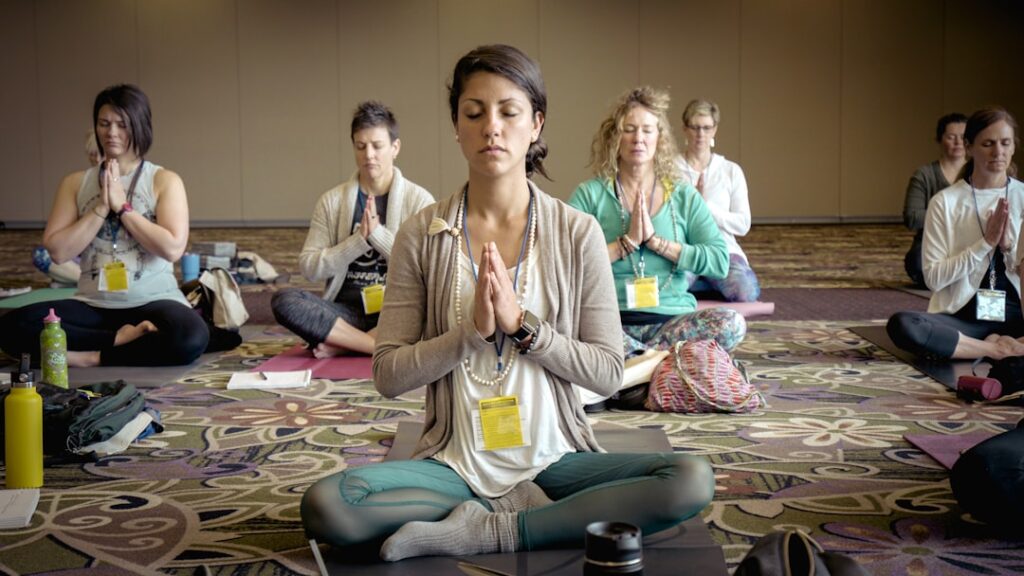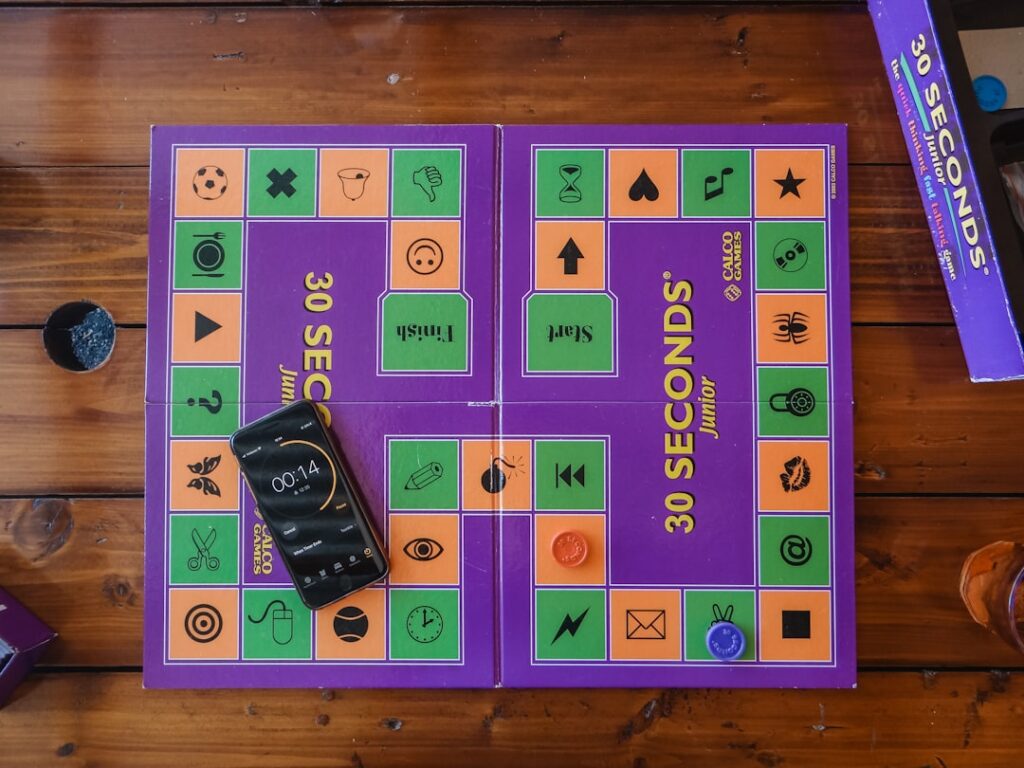Self-care is a vital component of maintaining overall well-being and happiness. It encompasses intentional actions taken to address one’s physical, emotional, mental, social, and spiritual needs. Contrary to misconceptions, self-care is not a selfish practice but rather an essential one that enables individuals to function optimally and support others effectively.
It involves acknowledging one’s inherent value and prioritizing personal needs. Regular implementation of self-care practices can lead to reduced stress levels, improved mood, and an enhanced quality of life. By integrating self-care into daily routines, individuals can cultivate resilience, promote better health outcomes, and foster a more balanced lifestyle.
Key Takeaways
- Self-care is essential for maintaining overall well-being and should be a priority in everyone’s life.
- Physical self-care ideas include regular exercise, healthy eating, and getting enough sleep.
- Emotional self-care ideas involve practicing mindfulness, seeking therapy or counseling, and engaging in activities that bring joy and relaxation.
- Mental self-care ideas include setting boundaries, practicing gratitude, and engaging in activities that stimulate the mind, such as reading or puzzles.
- Social self-care ideas involve spending time with loved ones, setting healthy boundaries in relationships, and seeking support from friends and family.
- Spiritual self-care ideas include meditation, spending time in nature, and engaging in activities that align with personal beliefs and values.
- In conclusion, self-care is a multifaceted practice that encompasses physical, emotional, mental, social, and spiritual well-being, and it is important to prioritize self-care in order to live a balanced and fulfilling life.
Physical Self-Care Ideas
Exercise for a Healthy Body and Mind
Regular exercise is essential for physical health, but it also has a profound impact on mental well-being. Engage in activities that bring you joy, whether it’s running, yoga, or dancing, to make exercise a sustainable part of your routine.
Sleep and Nutrition: The Building Blocks of Health
Adequate sleep is vital for overall health, and establishing a consistent sleep schedule and relaxing bedtime routine can significantly improve sleep quality. A healthy diet, rich in fruits, vegetables, lean proteins, and whole grains, provides the necessary nutrients for your body to function properly.
Pampering and Relaxation: The Cherry on Top
Physical self-care extends beyond the basics to include indulgent activities that promote relaxation and reduce stress. Treat yourself to a massage, facial, or a warm bath with essential oils to unwind and rejuvenate. By prioritizing your physical health, you’ll experience a positive ripple effect in other areas of your life.
Emotional Self-Care Ideas

Emotional self-care involves recognizing and managing your emotions in a healthy way. This can include activities such as practicing mindfulness, journaling, and seeking support from others. Mindfulness involves being present in the moment and paying attention to your thoughts and feelings without judgment.
This practice can help reduce stress and improve emotional well-being. Journaling is another effective way to process emotions and gain insight into your thoughts and feelings. Taking the time to write about your experiences and emotions can help you gain clarity and perspective.
Additionally, seeking support from others is an important aspect of emotional self-care. Whether it’s talking to a friend, family member, or therapist, having someone to confide in can provide comfort and validation. In addition to mindfulness, journaling, and seeking support, emotional self-care can also involve engaging in activities that bring you joy and laughter.
Whether it’s watching a funny movie, spending time with loved ones, or engaging in a hobby that you enjoy, finding moments of joy can help lift your spirits and improve emotional well-being. Taking care of your emotional health is essential for overall well-being and can help you navigate life’s challenges with resilience.
Mental Self-Care Ideas
| Idea | Description |
|---|---|
| Mindfulness Meditation | Practice focusing on the present moment to reduce stress and anxiety. |
| Journaling | Write down thoughts and feelings to gain clarity and release emotions. |
| Deep Breathing Exercises | Engage in controlled breathing to calm the mind and body. |
| Yoga | Combine physical movement with mindfulness to promote relaxation. |
| Reading for Pleasure | Escape into a good book to unwind and de-stress. |
Mental self-care involves taking care of your cognitive and intellectual well-being. This can include activities such as learning something new, practicing relaxation techniques, and setting boundaries. Learning something new can help stimulate your mind and provide a sense of accomplishment.
Whether it’s taking up a new hobby, learning a new language, or enrolling in a course, engaging in lifelong learning can help keep your mind sharp. Additionally, practicing relaxation techniques such as deep breathing, meditation, or progressive muscle relaxation can help reduce stress and promote mental well-being. Setting boundaries is also an important aspect of mental self-care.
This can involve saying no to commitments that are overwhelming or setting limits on how much time you spend on work or social activities. In addition to learning something new, practicing relaxation techniques, and setting boundaries, mental self-care can also involve engaging in activities that challenge your mind and promote cognitive well-being. This can include activities such as solving puzzles, playing brain games, or engaging in creative pursuits such as writing or painting.
Taking care of your mental health is essential for overall well-being and can help you maintain cognitive function as you age.
Social Self-Care Ideas
Social self-care involves nurturing healthy relationships and setting boundaries with others. This can include activities such as spending time with loved ones, connecting with friends, and seeking out supportive communities. Spending time with loved ones can provide comfort and support during challenging times.
Whether it’s having a meaningful conversation with a family member or enjoying quality time with a close friend, nurturing these relationships is important for social well-being. Additionally, connecting with friends can provide a sense of belonging and camaraderie. Whether it’s meeting up for coffee, going for a walk together, or participating in a group activity, spending time with friends can help foster social connections.
In addition to spending time with loved ones and connecting with friends, social self-care can also involve setting boundaries with others to ensure that your relationships are healthy and balanced. This can involve communicating your needs and expectations with others and being assertive about what you are comfortable with. Taking care of your social health is essential for overall well-being and can provide a sense of belonging and support.
Spiritual Self-Care Ideas

Conclusion and Recap of Self-Care Ideas
In conclusion, self-care is an essential practice for maintaining overall well-being and happiness. By incorporating physical, emotional, mental, social, and spiritual self-care into your daily routine, you can reduce stress, improve your mood, and enhance your overall quality of life. Physical self-care involves taking care of your body through regular exercise, getting enough sleep, maintaining a healthy diet, and pampering yourself with relaxing activities.
Emotional self-care involves recognizing and managing your emotions in a healthy way through practices such as mindfulness, journaling, seeking support from others, and engaging in activities that bring joy and laughter. Mental self-care involves taking care of your cognitive and intellectual well-being through activities such as learning something new, practicing relaxation techniques, setting boundaries, engaging in activities that challenge your mind, and promote cognitive well-being. Social self-care involves nurturing healthy relationships through spending time with loved ones, connecting with friends, seeking out supportive communities, and setting boundaries with others to ensure that your relationships are healthy and balanced.
Spiritual self-care involves nurturing your inner spirit through activities such as meditation, spending time in nature, engaging in acts of kindness and compassion towards others to find meaning and purpose in life. Incorporating these self-care ideas into your daily routine can help you maintain overall well-being and happiness while navigating life’s challenges with resilience. Remember that self-care is not selfish but necessary for ensuring that you are able to function at your best and be there for others.
By making yourself a priority and recognizing your own worth through self-care practices, you can live a more fulfilling and balanced life.
If you’re looking for some self-care ideas, you might want to check out this article on self-care tips for busy people from Handmade Bag Shop. It’s important to take care of yourself, especially when life gets hectic, and this article offers some great suggestions for incorporating self-care into your daily routine. Whether it’s taking a few minutes to meditate, treating yourself to a nice bath, or simply going for a walk, there are plenty of simple ways to prioritize your well-being.
FAQs
What is self-care?
Self-care refers to the practice of taking care of one’s own physical, mental, and emotional well-being. It involves activities and behaviors that promote health, reduce stress, and enhance overall quality of life.
Why is self-care important?
Self-care is important because it helps individuals maintain a healthy balance in their lives. It can reduce the negative effects of stress, improve mental and emotional well-being, and enhance overall resilience.
What are some self-care ideas?
Some self-care ideas include practicing mindfulness and meditation, engaging in regular physical activity, getting enough sleep, maintaining a healthy diet, spending time with loved ones, pursuing hobbies and interests, and seeking professional help when needed.
How can self-care benefit mental health?
Self-care can benefit mental health by reducing stress, improving mood, increasing self-esteem, and promoting a sense of control and empowerment. It can also help individuals cope with challenges and build resilience.
What are some self-care activities for reducing stress?
Some self-care activities for reducing stress include deep breathing exercises, progressive muscle relaxation, taking a warm bath, spending time in nature, practicing yoga or tai chi, and engaging in creative activities such as art or music.






